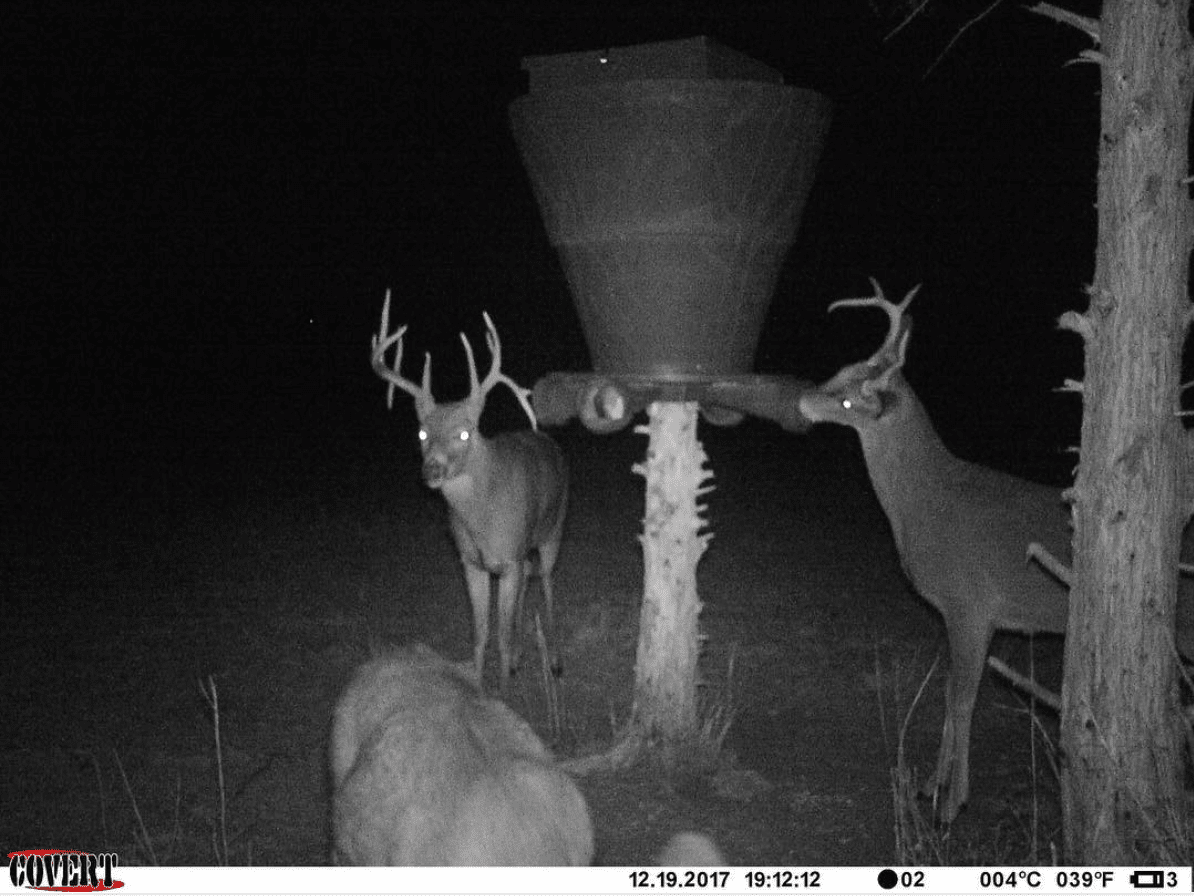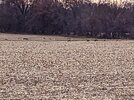Shanghai McCoy
Member
OK, the rifle opener is tomorrow. The ground is snowy, the weather is clear and cold. There is a full moon waning.
So, get up before dawn to walk out back because the deer are dancing in the moonlight?
Wait till the sun's up since the deer are sleeping in because they were reading in bed late?
Either/Or because the full moon messes everything up anyway?
Thoughts please.
So, get up before dawn to walk out back because the deer are dancing in the moonlight?
Wait till the sun's up since the deer are sleeping in because they were reading in bed late?
Either/Or because the full moon messes everything up anyway?
Thoughts please.



